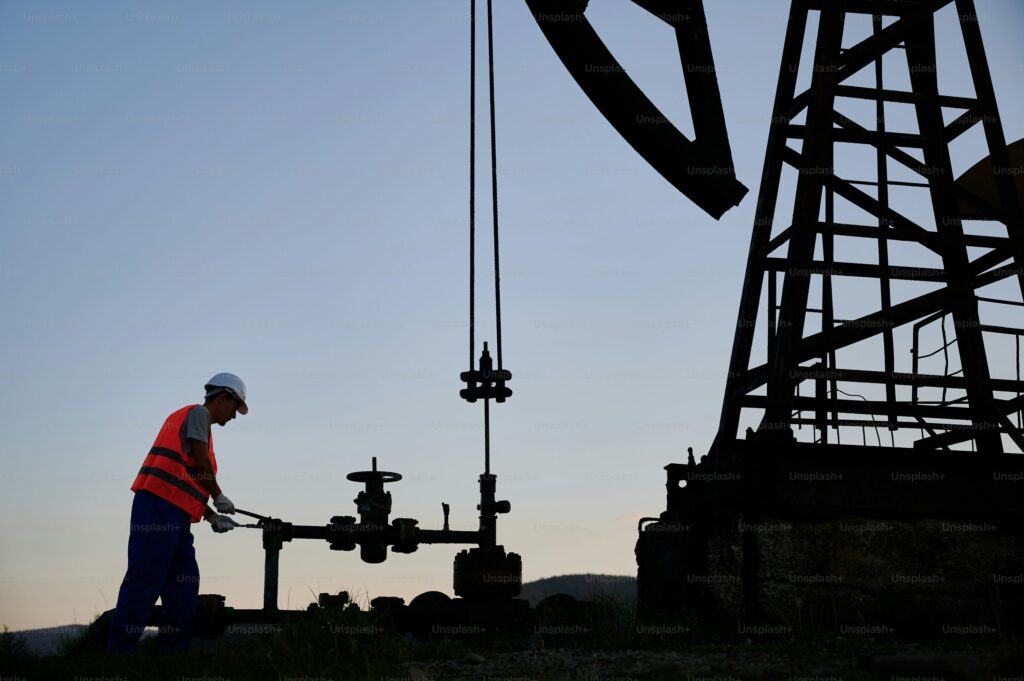Michael Moore’s explosive new documentary also raises a perennial debate about the environment, resource depletion and so on going back to the dreary Thomas Malthus, namely whether ingenuity can win the race with scarcity. To put it bluntly, are humans primarily mouths or hands? Moore like Malthus thinks we’re mouths, and elbows. So did doomster Paul Ehrlich, who lost a very famous bet with hyperoptimist Julian Simon about commodity prices in 1990. But can new forms of energy and other technologies really keep us ahead permanently? According to Gale Pooley and Marian Tupy at HumanProgress, things are still looking good.
There is a certain spurious precision to their claim that the Earth was “570.9 percent more abundant in 2019 than it was in 1980”. We don’t tolerate decimal places in measurements of global temperature and we’re not going to put up with them in measurements of “global abundance.” There was a famous exchange between Milton and Rose Friedman in 2001 where he, a great enthusiast for econometrics, said “There’s a phrase written on the entrance to one of the social sciences buildings at the University of Chicago, which is the statement” and Rose chimed in “If you can’t measure it, measure it anyway.”
As she knew, the actual phrase he was about to cite was “When you cannot measure something, your knowledge is meager and unsatisfying.” But sometimes you can’t get mathematical precision except at the cost of accuracy, and we have to do our best. And the basic approach of HumanProgress is sound: Figure out how many hours a person has to work to get a fixed amount of various basic things from coffee to tin to shrimp. (Yes, for some reason shrimp is on their top-50 list along with stuff you’d expect like chicken, crude oil and soybeans, and a few other oddities like sunflower oil, logs and hides.)
If you like that sort of thing you can quibble with some of their mathematical gymnastics. But it remains true that the human population is far higher than people like Ehrlich ever thought it could get yet, instead of starvation reaching prosperous countries, famine has been largely driven even from poorer ones.
One resource-shortage idea that just won’t die is “peak oil”. It was once said to doom our civilization that we would have to stop using fossil fuels, as it is now said to doom our civilization that we won’t stop, as Jennifer Marohasy recalled in juxtaposing Moore’s new documentary with the fact that the price of oil, incredibly, fell below zero late this April because it was so abundant compared to our needs.
Of course there is only so much of it in total, as there is only so much matter and energy in the universe. But if we ever really do find that we cannot locate more coal, oil and natural gas, or that we cannot afford to burn what we do find, the price will inevitably rise and people will find alternatives, including known ones like nuclear and ones we haven’t yet devised because we haven’t had to. Innovation is, by definition, unpredictable; virtually nobody saw the Age of Oil coming even in the early 19th century, as the iron age came as a shock to the Bronzies some 3000 years ago, so we aren’t going to predict what will happen.
We will predict what won’t. The human race will not exhaust its ingenuity. Indeed, most of our problems come not from what we have not managed to invent but what we have and that pattern is very likely to continue. Including this business about quantifying everything to a spurious degree of decimal places.
In making this point we do not dismiss the notion that so many billions of people are stressing the natural environment. We are, from encroachments on ecosystems to plastic in the oceans. (In fact one striking scene early in Moore’s documentary shows how thoroughly lit the developed world is at night, underlining to what an unprecedented extent one species does now dominate the globe.) But where you find significant harm to the planet, you almost certainly find people too poor, too hard-pressed to survive, to concern themselves with caring for nature or to be able to afford it.
One day the world will end, swallowed by the sun, whacked by a giant comet or otherwise overcome by the slings and arrows of cosmic fortune. But there is no reason to think that we cannot extend our days a great deal through hard work of the mental as well as physical sort including finding new and better ways to use resources that bring more benefits at lower costs including to the planet. Certainly we’ve done surprisingly well thus far.



Surely the "Bronze Age" refers to the nice tans the Europeans got during the Holocene Climate Optimum?
“When you cannot measure something, your knowledge is meager and unsatisfying.” That may be true, but it has the unfortunate cadence and tone of a Maoist slogan.
Peak oil? According to Lomborg, there is enough shale oil for 250 years & enough oil to satisfy our needs for 5,000 years.( 'The Skeptical Environmentalist' page 135, 25th printing 2016.)
Fact: There cannot be infinite growth in a finite system. The Earth is a finite system.
Exactly. While I agree that we are resourceful and will find ways to survive and we will increase how many of us live on this planet, to me that is not the challenge. I'm more concerned about our impact on the planet that maintains us and whether we are able to control ourselves. So far we have not been able to do that and true capitalists do not like the idea of limits. Something has to give....